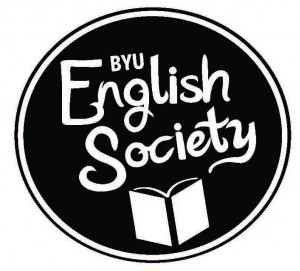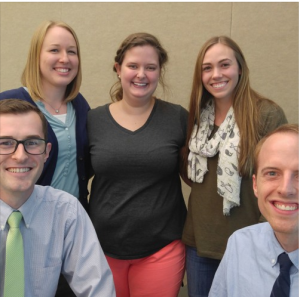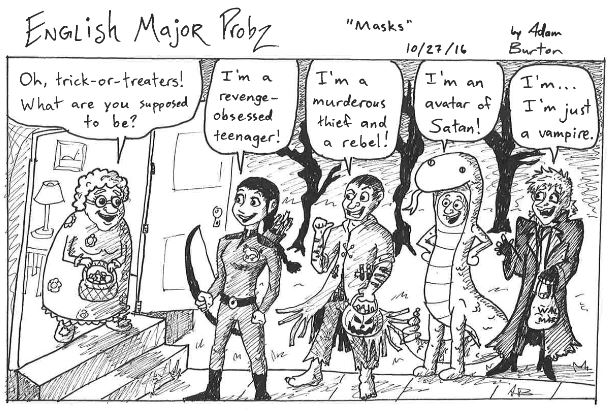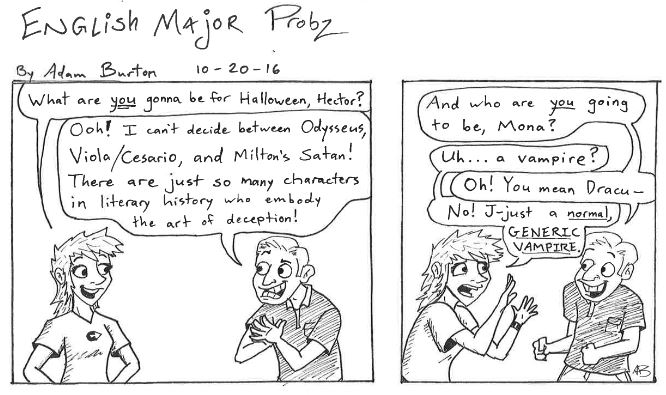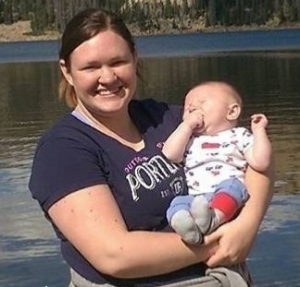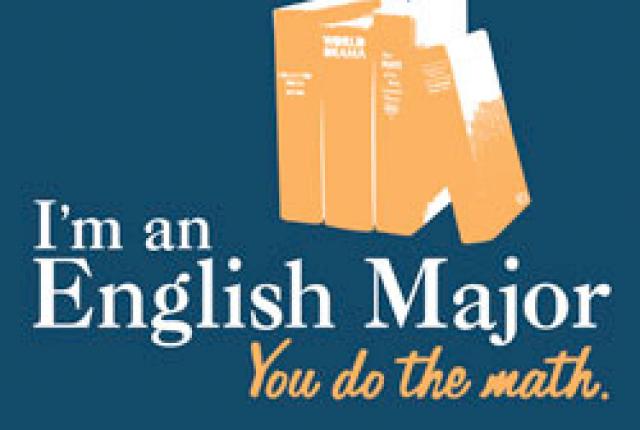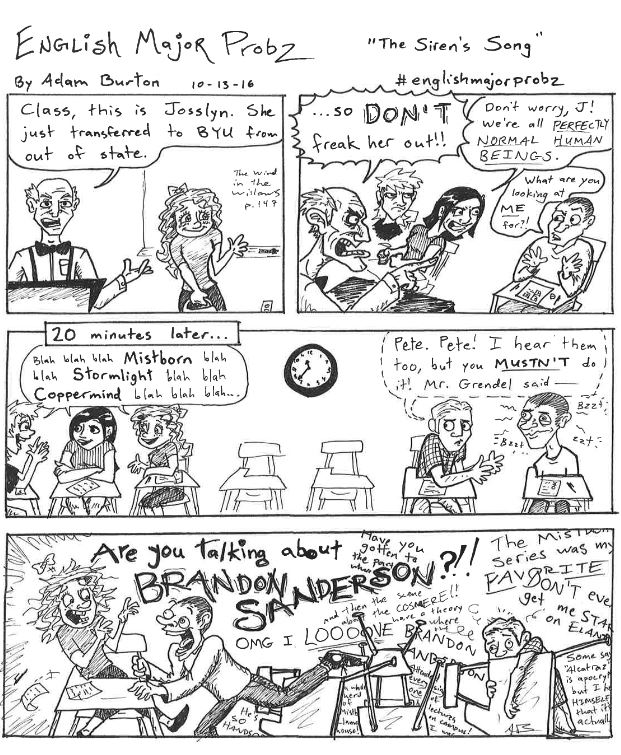It’s 1 a.m. and your eyes are about as droopy as the leftover spaghetti you had for breakfast, lunch, and dinner. Your computer screen displays exam reviews for amyloplasts, bifacial cambiums, and columella cells, but you can’t even remember what a trichinae is or what it has to do with botany. You long for sleep and after running out of the study comfort food you keep on hand; you decide to just take a little nap.
The next day is full of classes and deadlines, and, if you are taking English, a few papers for good measure. There’s that research project you should be working on, homework that you forgot is due tonight, a friend who tries to get you to go out, and myriad other tasks that keep piling up higher than the trash can in your dorm. (Which reminds me I should really take that out some time… Ah maybe next week!)

Essentially this is college. Gone are the days when you could write for hours uninterrupted, had food magically appear in the family fridge, and your high school homework was a joke. There are real commitments now, and things you used to enjoy doing are now thrown in among the metaphorical pile of dirty laundry.
So how do you make time for the things you love? Unless you are majoring in creative writing, (which you can’t here at BYU) you’ll be pulled a hundred different ways during the day, but lets be honest that novel isn’t gonna write itself.
What you have before you in this Survival Guide are my years (weeks) of expert experience in this field (this is my first semester too). This guide has been heavily researched (I wrote it at 2 a.m. last night) and is guaranteed (no refunds though) to make your creative writing life 100x better (give or take two zeros).
Enjoy!
#1 Take a Creative Writing Class, and if You Can’t, Join a Club or Literary Magazine.

School is full of commitments. It tries to take your time, energy, sleep, friends, fun, family, country, life… *ahem*. Granted, for most of your first two years your classes will be on archaic subjects and obscure information you’ll never actually use in real life *Cough* microbiology *Cough* math. Hey we’re English majors not engineers, so I can say that! The easiest was to make sure you have time to write is to make it one of your classes. There’s no getting out of it then, you’ll really have to commit. Some of my best short stories were written for a CW class the night before a deadline.
Still if you can’t fit that into your schedule, you should really consider joining a CW club. These are great. No deadlines, nice peers, interesting group discussions, and best of all, FREE* FOOD!
#2 Find Your Routine.

How is it that I can still find time to binge watch Doctor Who, but can’t write a page of fiction or poetry? Well probably because I don’t have this whole college thing figured out yet, but more importantly, because I haven’t allocated my time correctly. If you can watch Youtube, stalk that cute person you think is in your ward on Facebook, or Netfilx and… eat popcorn, you can definitely find time to write. It’s all about getting in a habit and remembering what matters most. For some people that time might be in the middle of the night, others in the morning, me personally I always have the most poetic angst when that super gorgeous girl rejects me. Ha. Haha. Those aren’t tears; they’re just a lot of eye sweat. Jokes on her though, I have a super good limerick after that.
#3 Or, Keep a Regular Journal

Who says journal entries can’t count as creative writing? Journaling can be good for your children, handwriting, sanity, and cholesterol. True story. But seriously, when adventure turns up in your own life, be sure to record it instead of ignore it! Imagine what would have happened if Bilbo and Frodo hadn’t recorded their experiences! Why we would be out of four great books and, and 6… well there would be six less movies. Not sure if that is a good or bad thing.
#4 Eavesdrop°
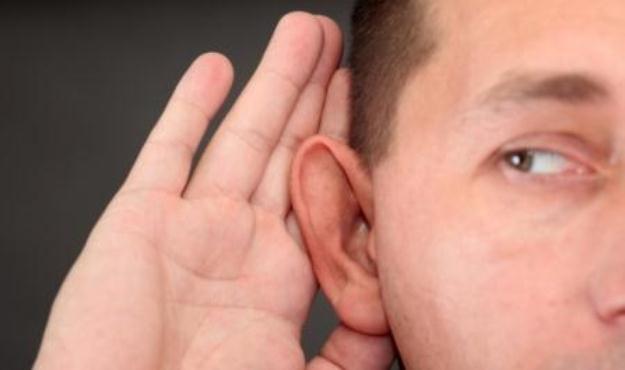
So you’re on your way to that super boring history class, when you over hear the most bizarre conversation happening to your left. Most respectable people would tell you to mind your own business and ignore it, but we’re creative writers. We sold all our respect when we took a vow of poverty with our career path. Listen in, write it down, and use it in a story. I give you permission too. Sometimes you’ll come across unique gems, for example, I was walking in the JFSB when I heard someone say into a phone; “I’m not going to torture it, it’s just a snail!!” Beautiful. Simply beautiful. I have no idea what in the Krusty Krab it was about, but still, that line will show up in one of my stories.
Join me next time for part two!
-Paul Guajardo
*I am not to be held accountable if your writing group is lame and does not provide vitals. But really if they don’t I would go to a different group. Just sayin’…
°Remember, I am not responsible, legally or otherwise, for any criminal charges of stalking, creeping, or encroaching upon peoples privacy. (But lets be honest the government already does it all the time.)

